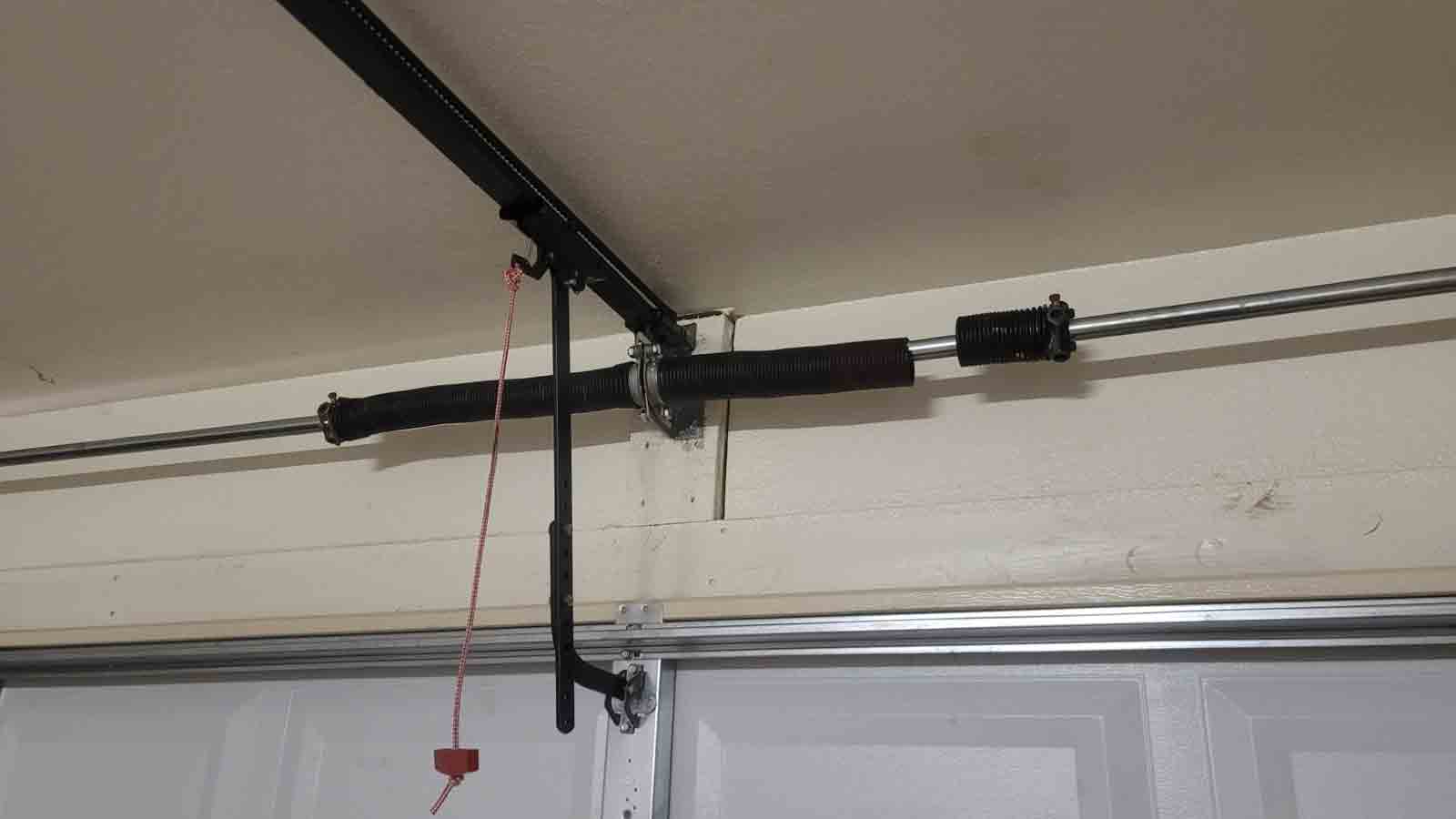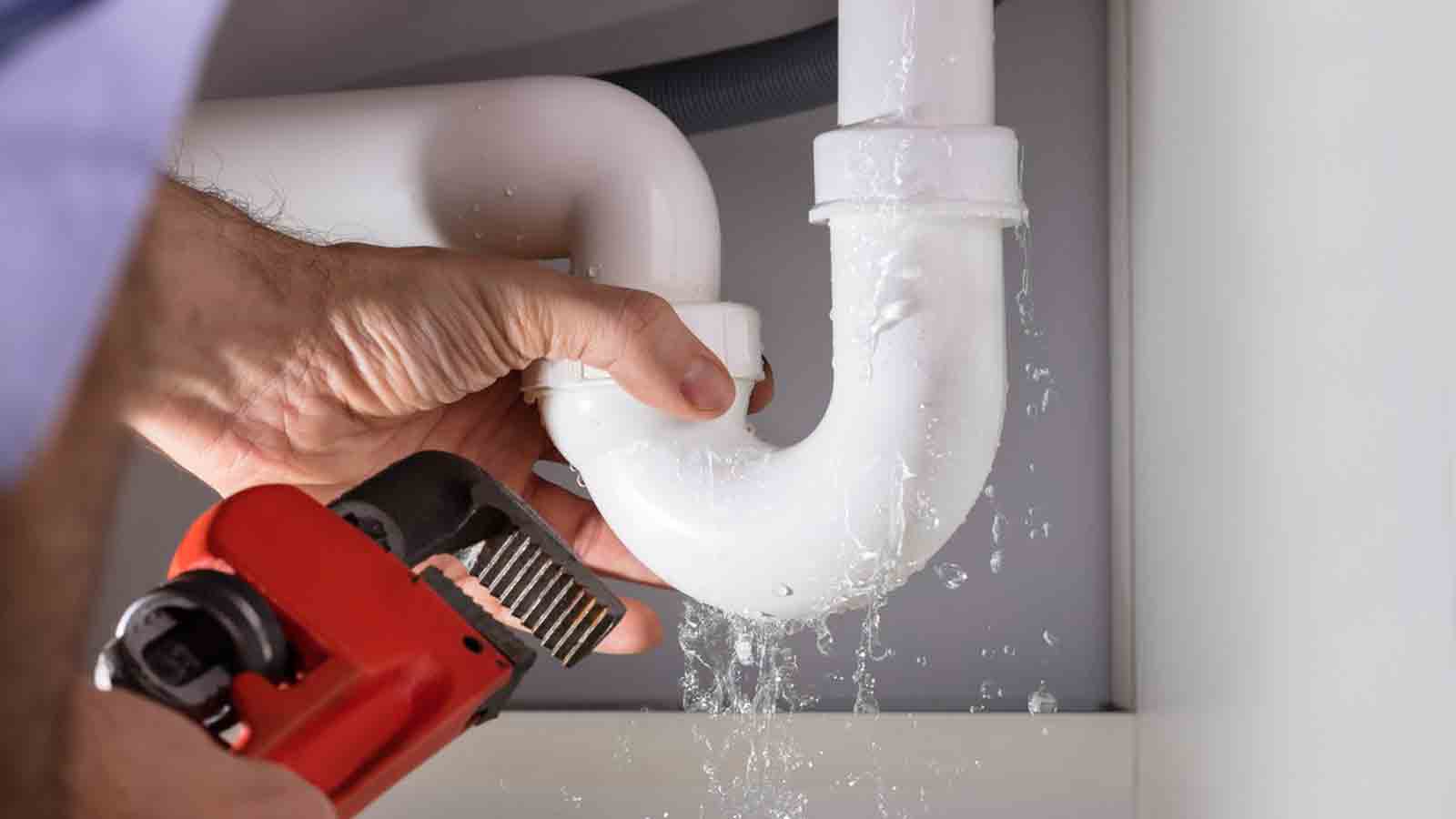Here’s how to protect your home with a reliable security system
Jun 25, 2020, 2:40 PM

(Pexels Photo)
(Pexels Photo)
When it comes to security, everyone is concerned! We all want to know that when we are home, we are safe inside and when we are away, we want to know that our belongings are safe.
It seems that with all the new products on the market home security has become a DIY project. Just pick up a system at the hardware store, read the instructions, place the sensors on your doors and windows, download an app, and voila! Security system in place. It’s also seemingly cheaper than traditional security systems.
Our mission today is to compare DIY systems with the traditional alarm companies.
DIY security systems are really popular
They are inexpensive, relatively easy to use, and can be installed anywhere there is good internet service. Most of the significant difference comes in the form of the quality of monitoring. DIY alarm systems are tempting; you can install one for $400 to $600 and pay a monthly fee for monitoring.
Monitoring the system ranges from $25-$55 dollars depending on the monitoring services provided and uses your Wi-Fi for access. Almost all DIY systems work on Wi-Fi via the internet. Big companies host the servers and if they go down, as they have done from time to time, your system goes down, too. Units have a backup battery, but it does not compensate for the lack of an internet connection. The system is only as reliable as your internet.
These systems are not a viable option for those who live outside of good internet service. If a burglary happens while the internet is down or you have lost connection, you basically have no alarm system. This also disables all the features that you may be relying on, like opening the door for repair men or opening your garage door.
Professionally installed, traditional home security companies
Most people are familiar with professionally installed, traditional home security companies. Jared Wright, owner of Tekna Security & Smart Home says his company has made some positive, innovative changes in their security systems in the last 15 years, updating from a landline or internet connection to cellular based technology.
Cellular based systems do not rely on the internet or traditional phone lines, so it is a great option if you are in a remote location or have forsaken your landline or do not want to be dependent on internet services for security. In Arizona landlines and internet connectors run along the outside of the house and can be compromised. Lines can be cut or weather damaged and the internet can be hacked. Once a cellular alarm is installed, you can rely on it to work.
These systems are proactive, meaning that when the alarm is triggered, the police or fire department are called depending on the sensor that was triggered. You, as the homeowner, are always notified of these events by phone call or text notification. Depending on your system, the security panel in your home actually allows you to talk directly to the person who is monitoring your system. A homeowner can then give their password to let the security company know all is well or, for instance, if someone is threatening them, they can give a false password indicating that something is wrong.
For more do-it-yourself tips, go to rosieonthehouse.com. An Arizona home building and remodeling industry expert for 35 years, Rosie Romero is the host of the Rosie on the House radio program from 8 to 11 a.m. Saturdays on KTAR-FM (92.3) in Phoenix, 9 to 11 a.m. on KAFF-AM (930) in Flagstaff, and 10 to 11 a.m. on KNST-AM (790) in Tucson.









